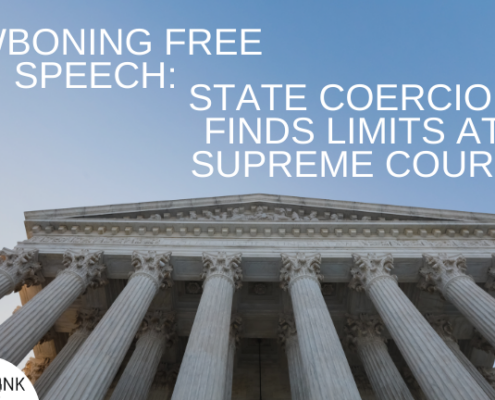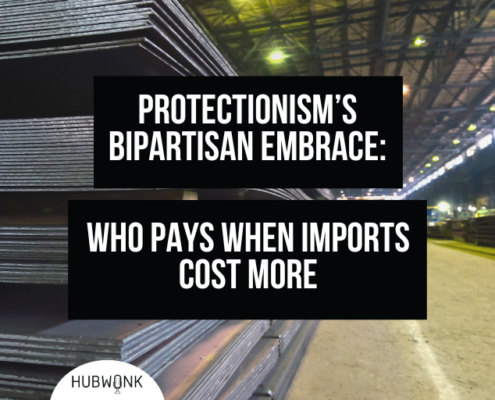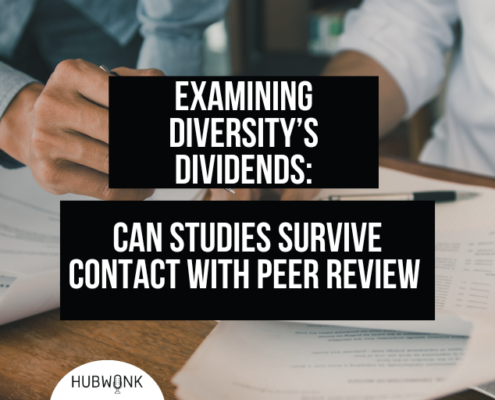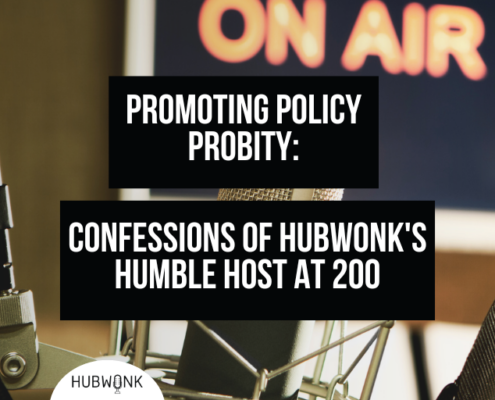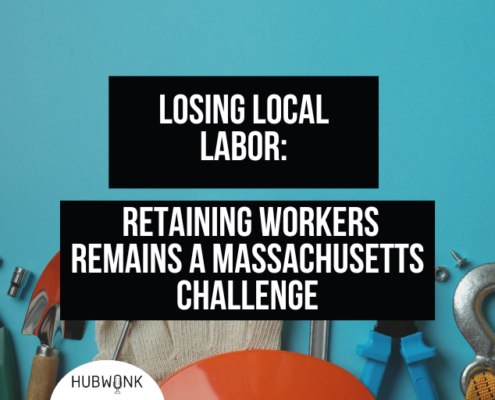Targeting Pharma: Infrastructure Bill Employs Price Controls To Offset Unprecedented Price Tag
Hubwonk host Joe Selvaggi talks with Pioneer Institute Visiting Fellow in Life Sciences Dr. William Smith about how the price control features of the emerging $3.5 trillion infrastructure bill might affect the pharmaceutical Industry, both nationwide and here in Massachusetts, and what effect that change will have on drug consumers.
Guest:
 William S. Smith is Visiting Fellow in Life Sciences at Pioneer Institute. He has 25 years of experience in government and in corporate roles, including as vice president of public affairs and policy at Pfizer, and as a consultant to major pharmaceutical, biotechnology and medical device companies. He held senior staff positions for the Republican House leadership on Capitol Hill, the White House, and in the Massachusetts Governor’s office. He is affiliated as research fellow and managing director with the Center for the Study of Statesmanship at The Catholic University of America (CUA), where he earned his PhD.
William S. Smith is Visiting Fellow in Life Sciences at Pioneer Institute. He has 25 years of experience in government and in corporate roles, including as vice president of public affairs and policy at Pfizer, and as a consultant to major pharmaceutical, biotechnology and medical device companies. He held senior staff positions for the Republican House leadership on Capitol Hill, the White House, and in the Massachusetts Governor’s office. He is affiliated as research fellow and managing director with the Center for the Study of Statesmanship at The Catholic University of America (CUA), where he earned his PhD.
Get new episodes of Hubwonk in your inbox!
Recent Episodes:





